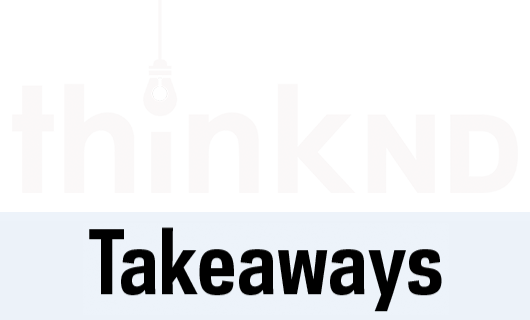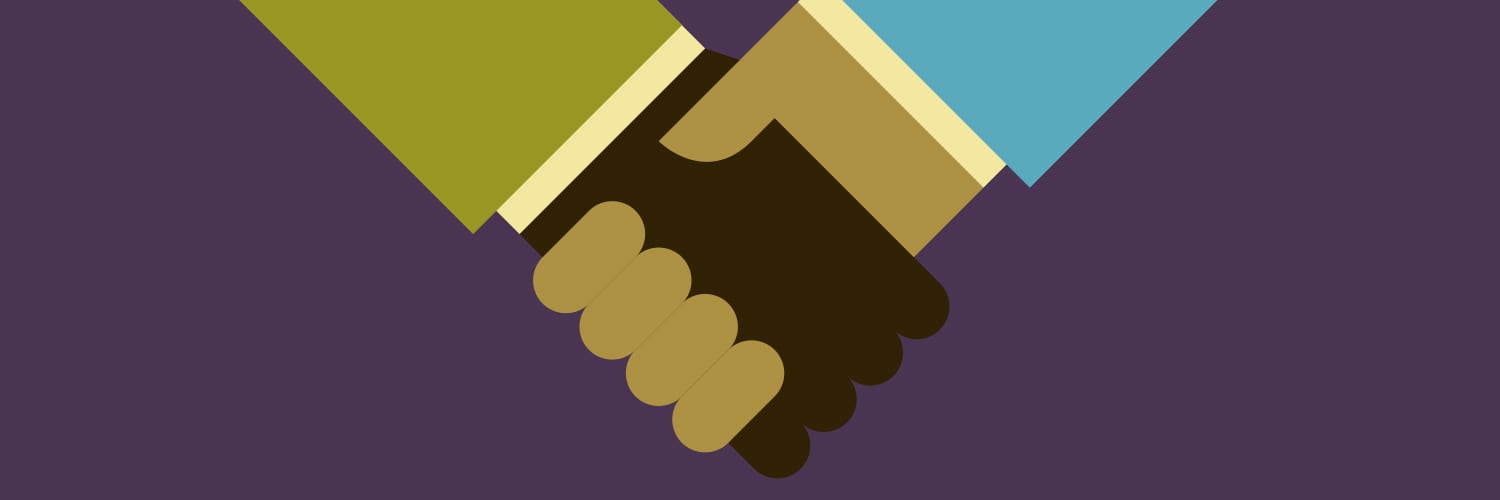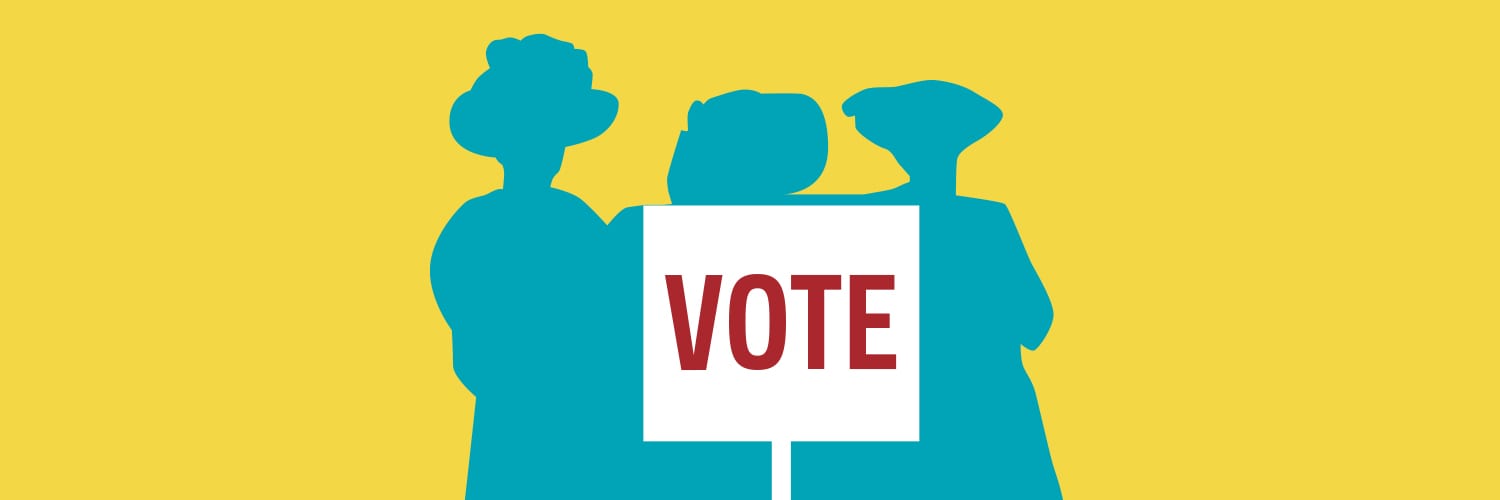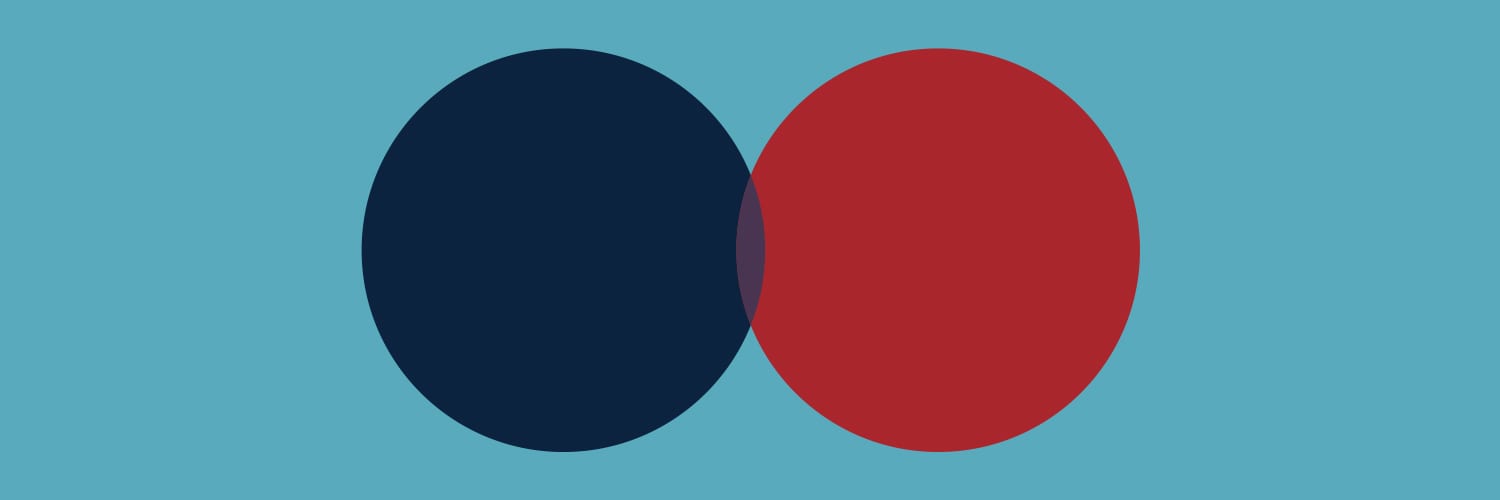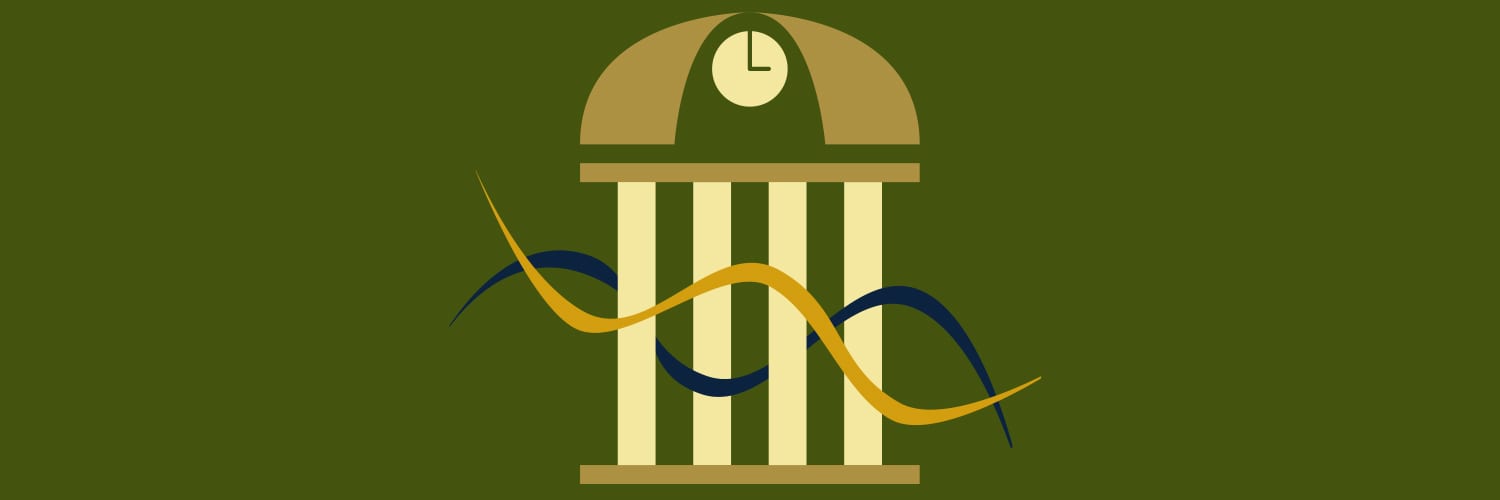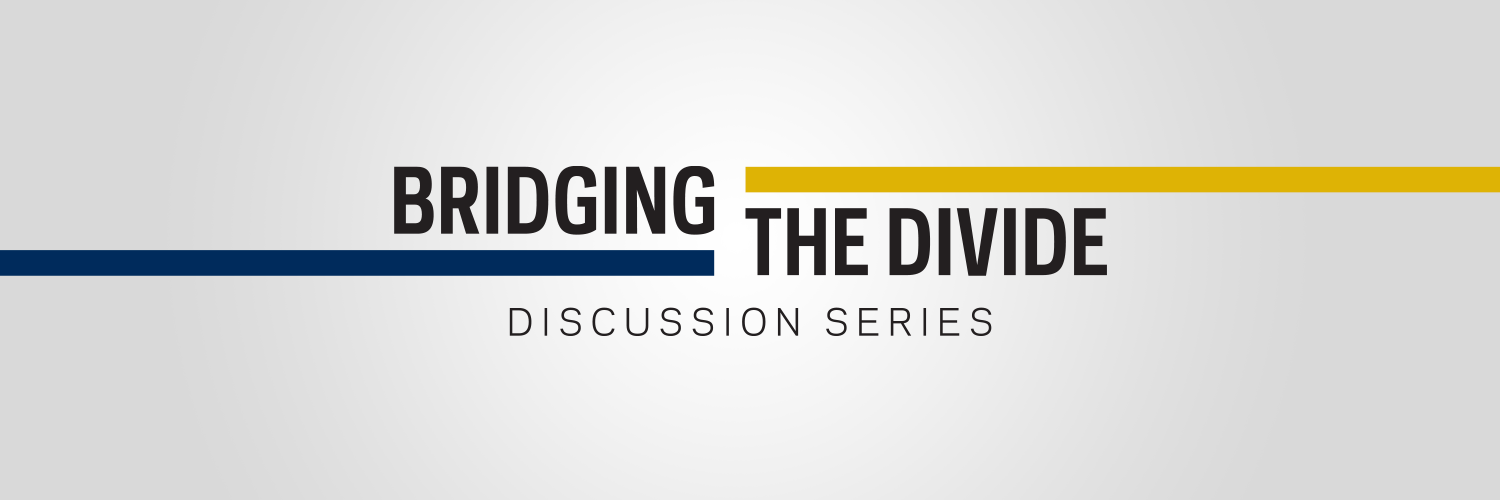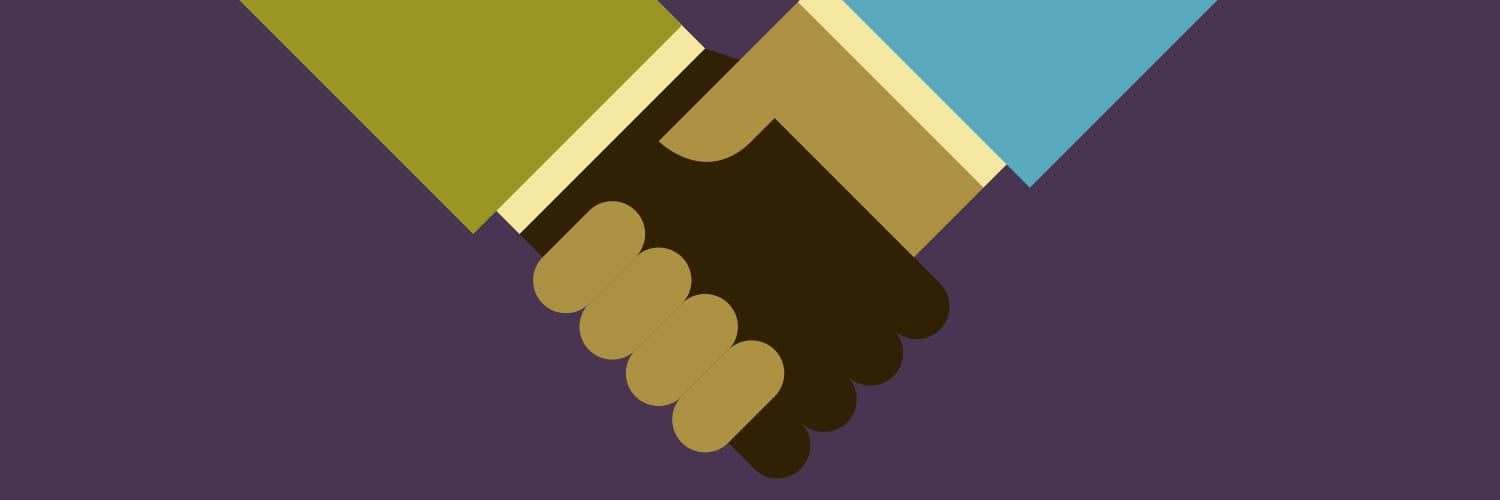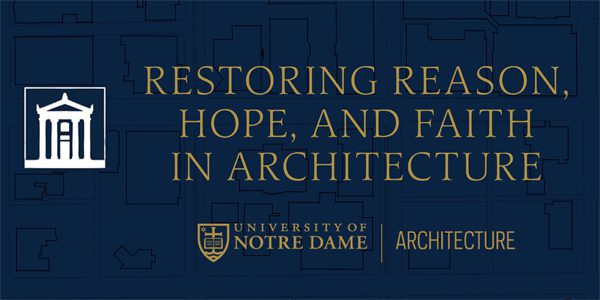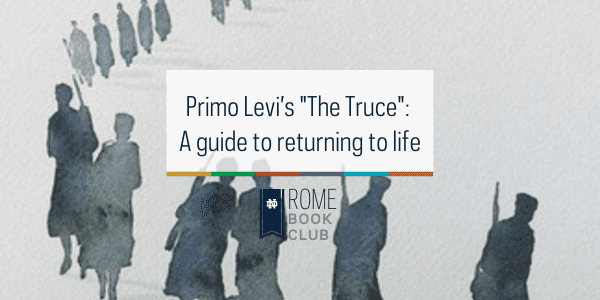Top 10 Learning Moments
- One of the best things people can do to prepare for these situations or to inoculate themselves against misinformation is to understand what are the themes that misinformation tends to be around. — Lisa Fazio
- Why does misinformation spread? It’s because we are not conscious of the likes and shares that we make and how important they are to the algorithm and how much our friends are relying upon us to make good decisions for the news that they see. — Tim Weninger
- Part of the reason I think there are such divides is I think with the media, you can choose your own news these days. If you want just one side, if you want to just watch Fox or you want to just watch NBC or read Breitbart or read Vox, you can do that. I think CBS is down the middle, I think what we try to do is bring context, bring history to our reporting because it is a lot of just the day that was in many cases and not the why, of why you should care. In my opinion, I think the more you can read, the more you can watch, the more you can consume and get a better picture, that’s on all of us, that helps with the conversation. — Caitlin Conant
- We are increasingly networked with people who share our same partisanship and our same ideology and our same political beliefs. We no longer are reaching out across the aisle to form friendships and establish networks with people who express different ideas than we do. And so when we actually come in contact and try to engage, well actually we try not to engage with people who are different than we are, we try not to engage with people who have different political viewpoint, but when we do come in contact with people who express different opinions than ours, it’s a new experience. — Darren Davis
- There’s growing consensus about the largest contributor to the sharp rise in earnings inequality particularly seen since the late ‘70s and has persisted is due to what economists call skill biased technological change. That sounds like a technical thing but it’s really a simple idea. We’ve had incredible advances in technology over the past several decades, and that technology has not been neutral in the sense that there are some winners and some losers. And it turns out that the nature of this technology that we’ve experienced has rewarded high-skilled workers in the sense that there’s more demand for them, and penalized low-skilled workers, less demand for them. What’s happening is the technology is replacing these low-skilled jobs. — Jim Sullivan
- If you look at policies, more modern policies, that have contributed to wealth divisions and inequalities you can just look at the exclusion of African American soldiers from GI Bill, the benefits associated with housing and education, and then the exclusion of African American farmers from the agricultural loan programs that often were necessary for farmers to retain their land from planting season to planting season, so 92 percent of previously owned African American land has been lost during that period and homeownership and everything that goes along with wealth building possibilities. — David Hooker
- I don’t think I’m talking out of turn for women to say that we care about the economy, we care about healthcare, we care about the same issues that affect daily life, I believe, that men do. I think there’s this misnomer about what women’s issues are and what men’s issues are and the truth of the matter is, certainly the largest ones right now, COVID and the pandemic, these are vastly important to women and it may be underestimated. — Kenya Young
- We always said there aren’t just two sides to a story, if there are 360 degrees in that circle there are 360 to a story. — Anne Thompson
- Venture into spaces where maybe not everyone is aligned with us on a social or political matter but you know that you can build some good faith in and understand different attitudes. Think about circles you have access to, social neighborhood, family, political, whatever it is, and dwell on the way you can create some personal connection with people before you get to the things that are different. — Pete Buttigieg
- I don’t think the goal should be let’s avoid anything that’s uncomfortable and keep it comfortable, I think we need to be willing to get uncomfortable. — Jane Wang
- Being able to set up an environment, one that empathy is the baseline of these conversations and then having students who are trained in moderation and how to have these productive conversations really promotes great civic dialogue and for people to hear different perspectives without it reaching that elevated status. — Emily Garcia
- There isn’t really a women’s vote. Women are as diverse in their interests and their identities as men are and that’s reflected in their voting behavior. — Christina Wolbrecht
- Individuals have economic resources, but what they don’t have is certainty about the future. So, are they going to lose their job or are they not going to be able to find a job in the future? And because of their uncertainty they are reigning in their spending because they might need that to put food on the table, so that’s why we see things like longer lines at food pantries and greater need for social services. — Jim Sullivan
Interested in learning more?
This series is hosted by ThinkND, the University of Notre Dame’s online learning community that connects you with videos, podcasts, articles, courses, and other resources to inspire minds and spark conversations on everything from faith and politics to science, technology, and your career.
Featured Speakers
John Duffy, Professor of English, University of Notre Dame
Lisa Fazio, Assistant Professor of Psychology, Vanderbilt University
Maura Policelli, Associate Professor of the Practice and Executive Director of the Keough School’s Washington, D.C. Office, University of Notre Dame
David Campbell, Packey J. Dee Professor of American Democracy, Chairperson, Department of Political Science, University of Notre Dame
Caitlin Conant, Political Director, CBS News
Darren Davis, Snyder Family Mission Professor, Lilly Presidential Fellow, Department of Political Science, University of Notre Dame
Veronica Root Martinez, Professor of Law and Director of the Law School’s Program on Ethics, Compliance, & Inclusion, University of Notre Dame
David Hooker, Associate Professor of the Practice of Conflict Transformation and Peacebuilding, Kroc Institute for International Peace Studies, University of Notre Dame
Rev. Thomas J. McDonagh, C.S.C., Associate Professor of Economics, University of Notre Dame
Dianne Pinderhughes, Notre Dame Presidential Faculty Fellow and Professor, Department of Africana Studies and the Department of Political Science, University of Notre Dame
Kenya Young ’94, Executive Producer of “Morning Edition,” National Public Radio (NPR)
Riya Shah ’23, BridgeUSA Director of National Engagement, Student Government, University of Notre Dame
Anne Thompson, Chief Environmental Affairs Correspondent, NBC News
Pete Buttigieg, American Politician and Former Military Officer
Greg Miller, Student of Applied and Computational Mathematics and Statistics and Economics with a minor in Constitutional Studies, Co-President of BridgeND, Co-Founder of the Student Policy Network, University of Notre Dame
Emily Garcia, Student of Politics and the Economy with a certificate in Russian and East European Studies, Arizona State University; National Director of Youth Development, BridgeUSA
Ross Irwin, Chief Operation Officer, BridgeUSA
Jane Wang, Co-Founder, BridgeEmory, BridgeUSA
Christina Wolbrecht, Professor of Political Science, Director of the Rooney Center for the Study of American Democracy, C. Robert and Margaret Hanley Family Director of the Notre Dame Washington Program, University of Notre Dame
“Why does misinformation spread? It’s because we are not conscious of the likes and shares that we make and how important they are to the algorithm and how much our friends are relying upon us to make good decisions for the news that they see.”
— Tim Weninger

